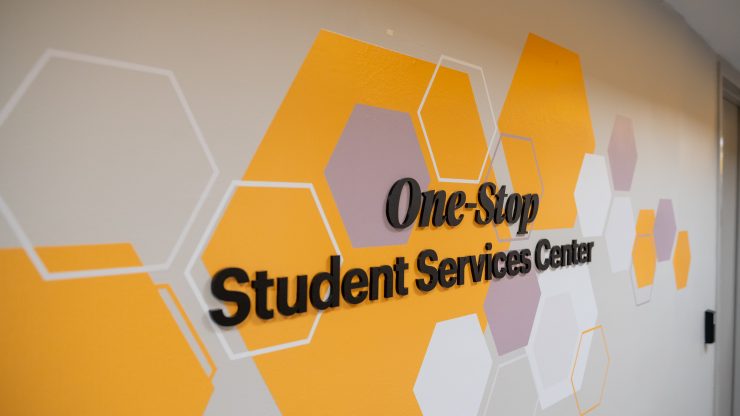Resources and Guides
Navigating college can come with many questions. Here are some additional resources that may help with the answers.
Quick Tips
- Submit the FAFSA® form each year—and make sure you meet the FAFSA® deadlines to maximize the amount and types of aid you could receive.
- New York State residents should apply for the Tuition Assistance Program (TAP) using Adelphi’s school code: 0010.
- To borrow Federal Direct Loans, complete your Master Promissory Note and Entrance Counseling.
- Bills are generated in June for the Fall semester, December for the Spring semester and April for Summer semester. Your payment should be made by the due date listed on the initial bill received for the semester.
- Grant someone access to your account to make a payment on your behalf under the “Make a Payment” section in CLASS.
- Get refunds faster by updating your refund preference through BankMobile.
- Students who are completing their degree requirements must apply for graduation during the semester in which they intend to graduate.
Helpful Guides

Resource Guide

Accepted Student Day: Financial Aid 101 Presentation
Additional Financial Resources
The websites below offer information to help you find more ways to pay for your college education.
Federal Student Aid Videos
More VideosTrack Your Employer’s PSLF Signature #FinancialAid #StudentLoanForgiveness #LoanForgiveness
What Order To Accept Aid #FinancialAid #StudentAid #CollegeAdvice
Complete the Financials Section of the FAFSA® Form
Select Schools To Include on Your FAFSA® Form
Review, Sign, and Submit Your FAFSA® Form
Am I a Dependent or Independent Student on the FAFSA® Form?
Upcoming One-Stop Events



